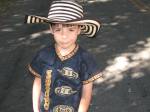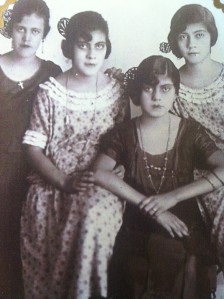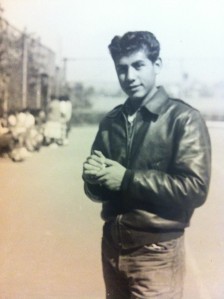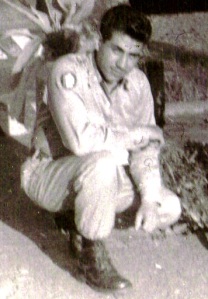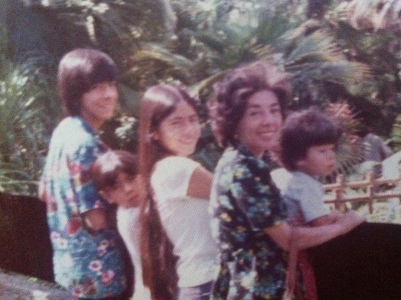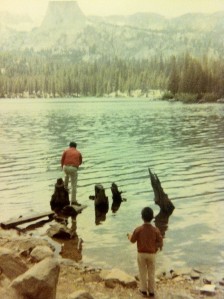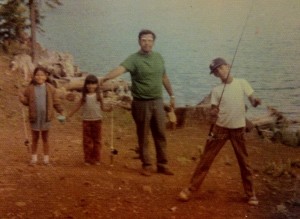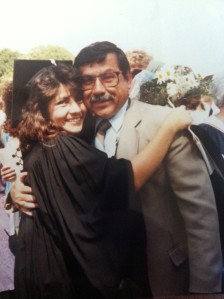Today marks the beginning of Latino Heritage Month. In honor of the month long celebration of Latino culture, I am re-posting something I wrote last year. Well, I am re-cycling the post for that reason, and the fact I am so overwhelmed with life right now that I haven’t had much time to blog. But, with the weekend in sight, I may be able to put up a new post soon! Thanks for stopping by.
This past month has been a celebration of Latino heritage. Latino Heritage Month technically runs from September 15 to October 15. Being Latina is a big part of who I am. During most of my childhood, I lived in a very diverse community near Los Angeles. In my neighborhood there were Armenians, Japanese Americans, Anglos, and people who looked like me. It wasn’t until I moved to a predominately white suburb that I was aware that I was different. During my first days in the new school, my new classmates were naturally curious about the “new girl.” They asked me “what I was.” I wasn’t quite sure how to answer that question because I wasn’t really sure what they were asking, and I had never been asked that question before. I must have looked confused because the follow-up question was, “Are you Hawaiian…Italian… Indian?” Mexican wasn’t even an option.
I responded that I was Mexican, and then they asked if I was born in Mexico.
Over the years I have been asked that question several more times, although it may not have been phrased the same way. Depending on the circumstances I answered the questions in varying ways:
“I’m Mexican.”
“I’m Mexican American.”
“I’m Hispanic.”
“I’m Latina.”
“I’m American, but of Mexican ancestry.”
“I was born in the U.S. but all of my grandparents were born in Mexico.”
Even though I wasn’t always certain what was the best way to answer that question, I still felt certain that I knew who I was and where my family was from. And I felt proud of my heritage. My parents and family raised me with pride in our heritage, and culture. At family celebrations, I would watch my mother dance the Mexican folk dances she had learned as a young girl.
I learned these dances too. I have had occasion to dance as an adult.
I am so glad that some of these cultural lessons have been passed on to my children, my step-daughter Erica.
Diego, my youngest son, walked in the Latino Heritage parade last week. He marched with his classmates from his 1st grade Spanish immersion program. He wore the hat typical of his father’s native country, Colombia.
This is what Latino heritage is all about. A celebration of who we are and who are ancestors were. I hope that when my kids are asked the question, “What are you?” They will know how to answer, and they will answer with pride.
![n1079823688_175048_8861[1]](https://lifewellblended.wordpress.com/wp-content/uploads/2010/10/n1079823688_175048_88611.jpg?w=150&h=112)

